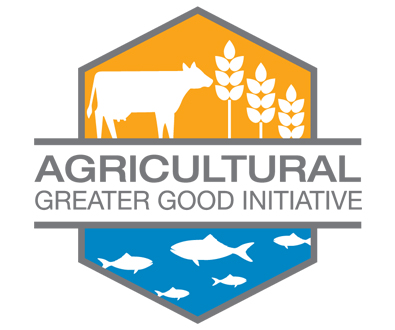
2016년 8월 9일
“Nothing is more fundamental to human health than a safe and adequate food supply,” said Ryan Rapp, Associate Director for Agrigenomics at Illumina. “When I think about Illumina’s mission of unlocking the power of the genome to improve human health, I think about the agricultural revolution it’s going to take to feed a global population of 9 billion by 2050. We won’t be able to provide adequate nutrition to everyone without making our agricultural practices more sustainable.”
Since 2011, the Agricultural Greater Good Initiative has awarded grants of Illumina products to researchers using Illumina technology to tackle diverse genomics-oriented projects aimed at alleviating global hunger, malnutrition, and poverty in the developing world. Supported research projects have spanned the globe and the spectrum of scientific discovery improving studies of agriculturally important plants and animals that are commonly consumed by food insecure populations.
“Conditions related to malnutrition, including stunted growth and cognitive impairment are believed to affect 35-40 percent of children in Sub-Saharan Africa. It’s a race against the clock to improve the food supply in these places, which is why projects like ours are so critically important,” said Allen Van Deynze, PhD, the technical lead 2015 winner of the African Orphan Crops Consortium and the Director of Research for the Seed Biotechnology Center at UC Davis. “We aimed to sequence the genomes of 101 crop species including trees, vegetables, and legumes commonly grown on small plots in Africa to establish reference genomes and identify alleles for breeding to develop better plant varieties. The faster we can develop crops with higher yields, increased nutritional value, and improved abilities to adapt to environmental stresses, the more quickly we can get these crops into the hands of African farmers, changing lives and improving communities.”
In addition to the African Orphan Crops Consortium project to sequence orphan crops, past winners have included:
- The Donald Danforth Plant Science Center’s Todd Mockler, PhD for sequencing grain sorghum;
- Iowa State University researcher Max Rothschild, PhD, and an international team of colleagues studying genes associated with resilience to heat stress and drought conditions in sheep and goats;
- UC Riverside researcher Tim Close, PhD, for studying cowpea to accelerate breeding;
- ICRISAT researcher Rajeev Varshney, PhD working to develop disease-resistant pigeonpea varieties;
- BecA-ILRI Hub Director Appolinaire Djikeng, PhD, studying cassava and diseases affecting crop production; and
- The International Rice Research Institute for efforts to increase global rice production.
2017 Program Details
Researchers are invited to submit research proposals for grant consideration by December 2, 2016. Winners will receive sequencing consumables needed to produce 20 Tb of data to support their projects. Proposals will be judged on the basis of scientific merit, innovativeness, and fit with the goals of the Illumina Agricultural Greater Good Initiative. The winner will be announced at the Plant and Animal Genomes Conference in San Diego, California in January 2017.


